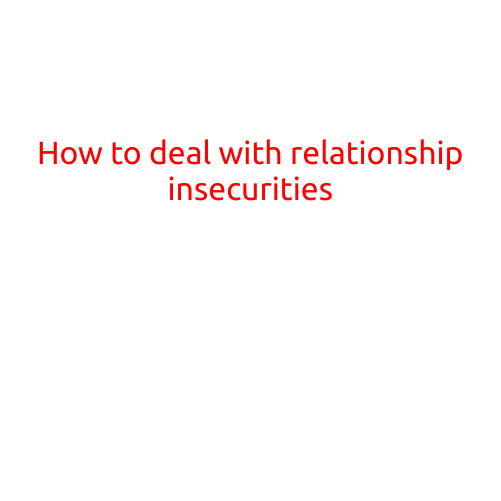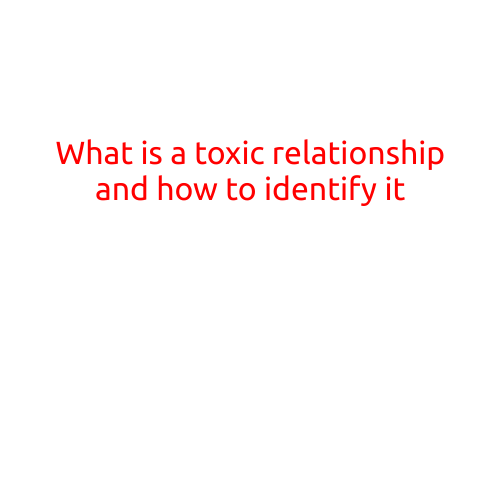
How to Deal with Arguments in a Healthy Way
Arguments are a natural part of any relationship, whether it’s with a romantic partner, family member, or friend. However, how you handle these disagreements can make all the difference between a healthy and toxic relationship. In this article, we’ll explore some tips on how to deal with arguments in a healthy way, ensuring that your relationships remain strong and resilient.
Stay Calm and Composed
The key to dealing with arguments is to remain calm and composed. When we’re upset or angry, our emotions take over, and we’re more likely to say or do things we might regret later. Take a deep breath, count to ten, or step away from the situation for a moment to collect your thoughts. This will help you approach the conversation with a clearer head and a more level tone.
Listen Actively
Listening is an essential part of any argument. It’s easy to get caught up in our own frustrated thoughts and not hear what the other person is saying. Make an effort to truly listen to their perspective, and try to understand where they’re coming from. Repeat back what you’ve heard to ensure you understand their point, and ask clarifying questions to ensure you’re on the same page.
Avoid Personal Attacks
Arguments can quickly escalate into personal attacks, which can be damaging to relationships. Instead of targeting the other person’s character, focus on the issue at hand and avoid using inflammatory language. Use “I” statements to express your feelings and thoughts, instead of “you” statements, which can come across as accusatory.
Focus on the Issue, Not the Person
Related to the previous point, try to focus on the issue that’s causing the argument, rather than attacking the other person’s character or personality. This will help you stay on topic and avoid getting sidetracked by irrelevant points.
Use “I” Statements
As mentioned earlier, using “I” statements can help prevent arguments from escalating into personal attacks. Instead of saying “You always do X,” try saying “I feel frustrated when X happens, and it makes me feel Y.” This helps to express your feelings and thoughts without criticizing the other person.
Take a Break if Necessary
Not all arguments can be resolved in one conversation. If things are becoming too heated or emotional, it’s okay to take a break and revisit the issue when you’re both feeling calmer. This can help prevent further escalation and give you both time to reflect on your perspectives.
Practice Active Communication
Healthy communication is key to resolving arguments effectively. Practice active communication by maintaining eye contact, using respectful tone, and being open and honest about your feelings and thoughts.
Negotiate and Compromise
Arguments often require compromise and negotiation. Be willing to listen to the other person’s perspective and find common ground. Look for solutions that benefit both parties, and be open to creative solutions that you may not have considered earlier.
Forgive and Move Forward
Finally, remember that forgiveness is essential in any relationship. Don’t let resentment build up over time, as this can lead to toxic behaviors and damage your relationship. Instead, forgive the other person and move forward, using the experience as an opportunity to grow and learn.
Conclusion
Dealing with arguments in a healthy way requires a combination of effective communication skills, patience, and understanding. By staying calm and composed, listening actively, avoiding personal attacks, and focusing on the issue at hand, you can resolve disputes in a way that strengthens your relationship. Remember to practice forgiveness and move forward, using the experience as a chance to grow and learn. With these tips, you’ll be well on your way to building a healthier, more resilient relationship.





